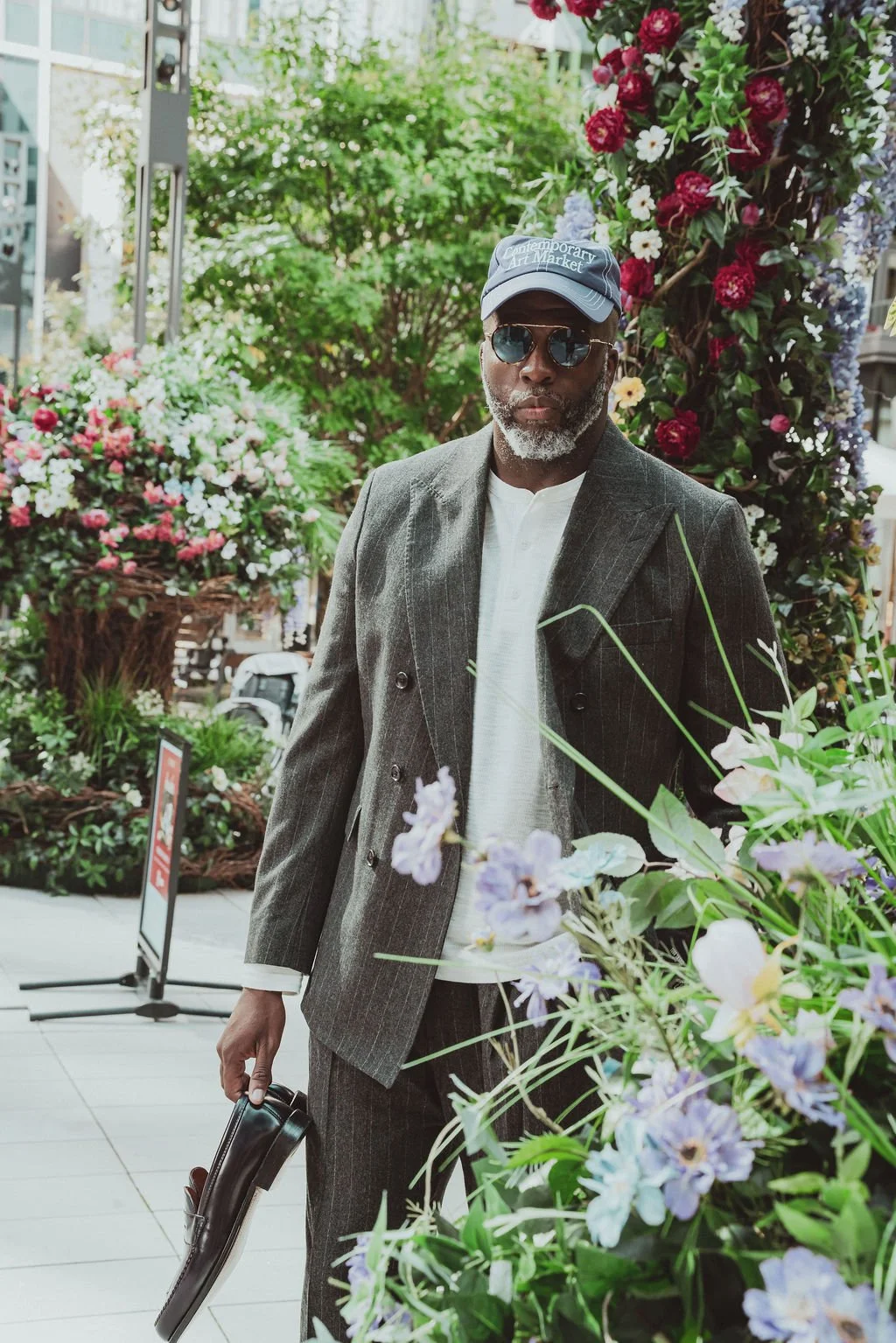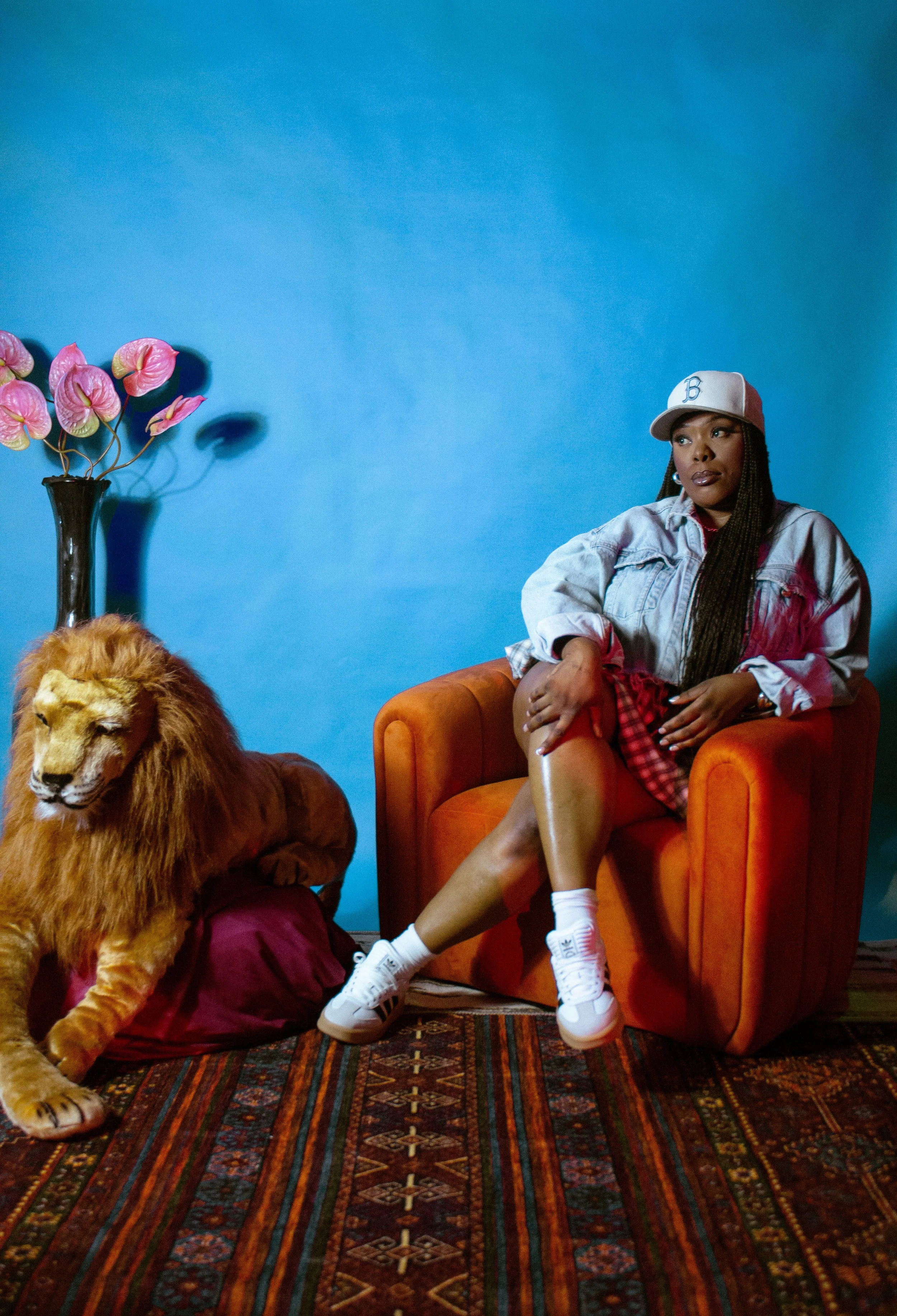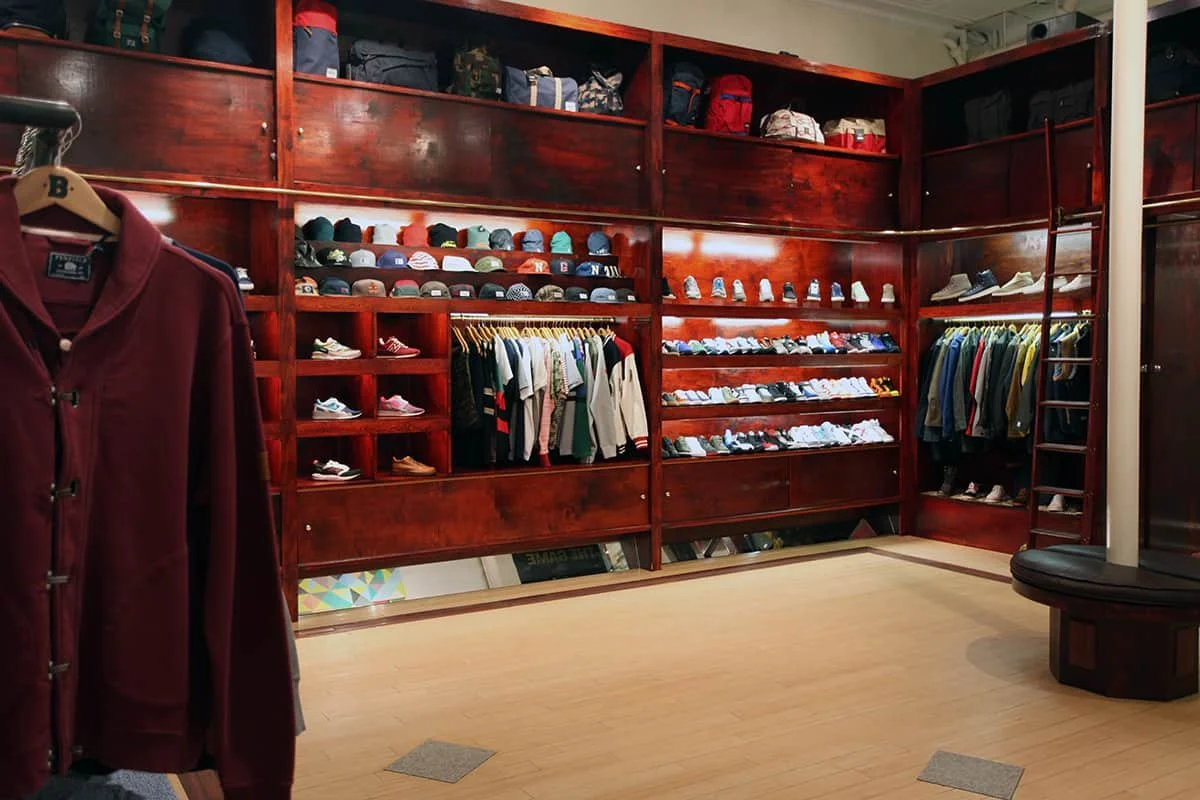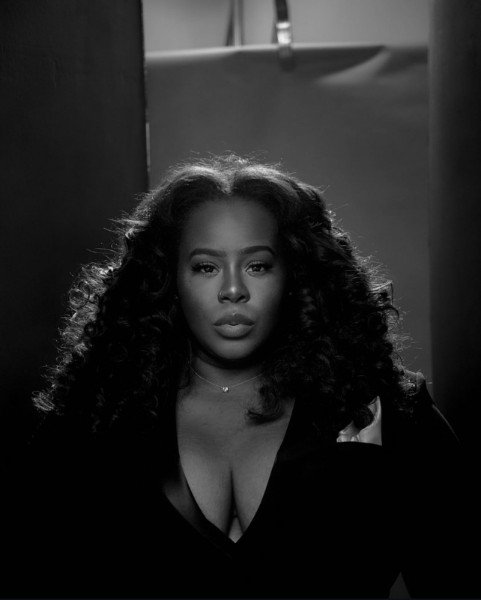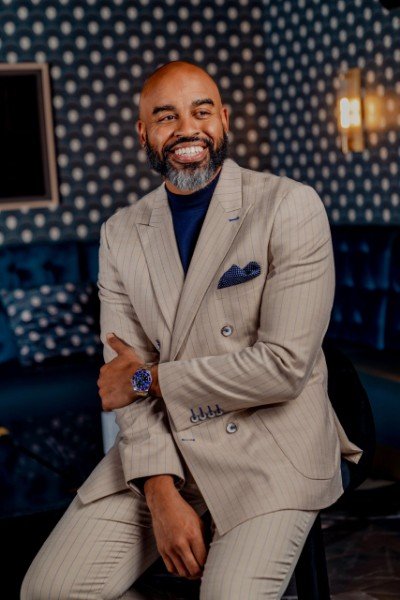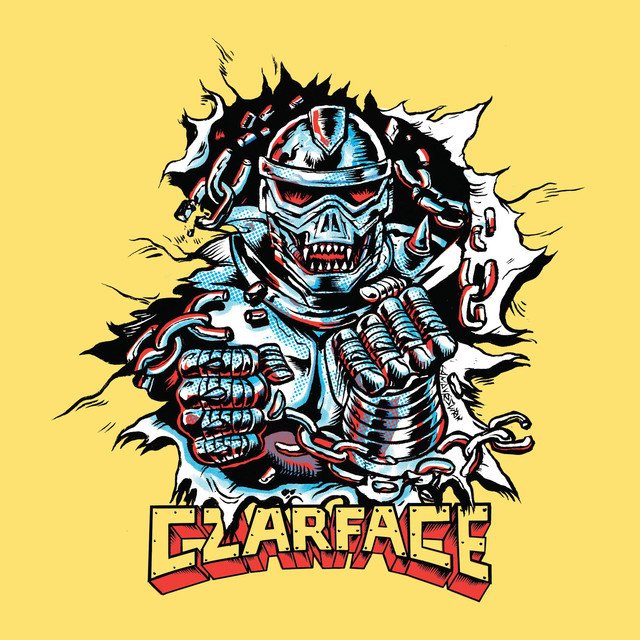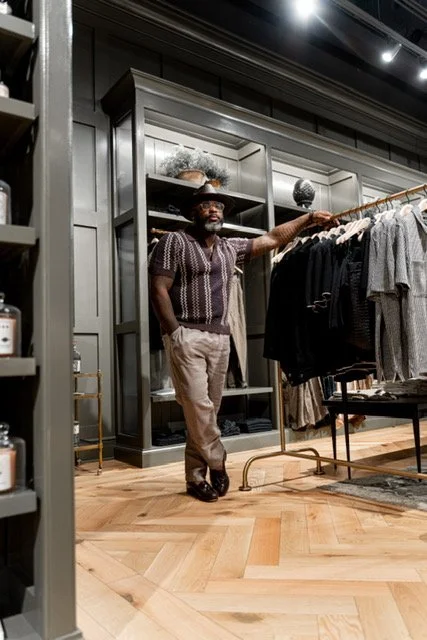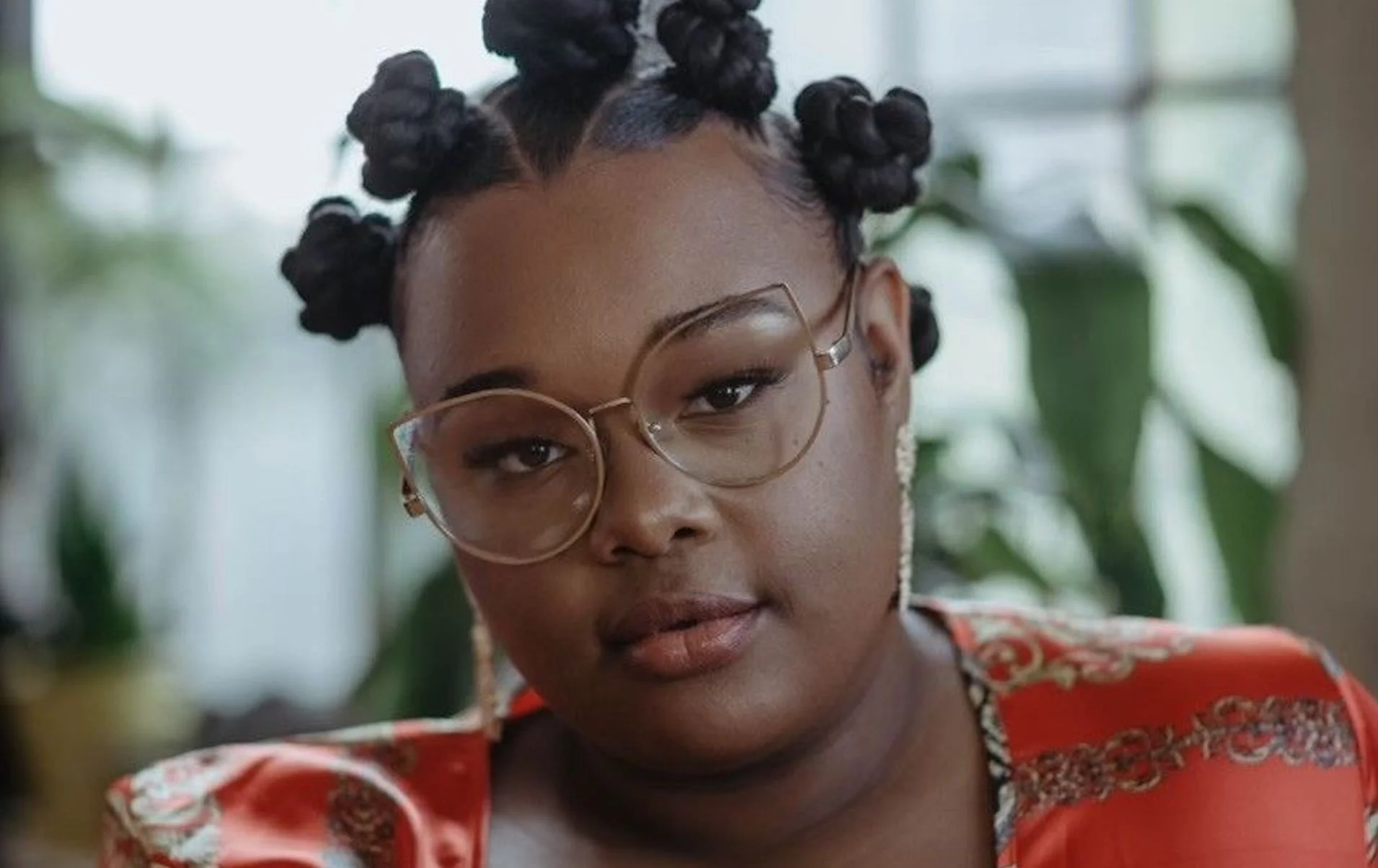“Please Don’t Cry” has a weightier R&B influence than past projects. Standout tracks include the Badu-assisted “3:AM,” the lead single “Asteroids,” “Stand Tall,” “Faith” and “God’s Light.” While her razor-sharp bars still slice on songs like “Raw” with Lil Wayne and Niko Brim, the album makes its mark by entering a new territory of unapologetic vulnerability. Rapsody touches on insecurities, not having a stronger female fanbase, family members battling dementia and speculation surrounding her sexuality.
One the surprisingly transparent “That One Time” the past Stevie Wonder, Kendrick Lamar and J. Cole collaborator provides a rare glimpse into her love life and past transgressions.
“One time, I had an experience with a woman. But I also bring up that I was with somebody that wasn’t available,” said the Jehovah’s Witness-raised artist of her relationship with a married person, while suggesting her partner wasn’t fully honest. “I make mistakes, too — things I say I would never do, and then I find myself in a situation that I’m not proud of. But in my life and the conversations I have, I know I’m not the only one.”
Bianca Edwards, vice president of marketing for Roc Nation, says the vulnerability displayed showcases Rapsody’s security in her music and herself.
“You have to be extremely confident to bare your soul and not care what people think,” said Edwards. “And on this project, I think that she bared a lot.”
Always advocating for female rappers, Rapsody has consistently rejected praise meant to criticize her peers. But while there are songs like “Look What You’ve Done” in which she rhymes, “Don’t lift me up throwin’ shade/At my sisters that made it out wit’ a-- and bass,” she also raps, “Everything look cookie cutter/We seen enough a—, that sh-- ain’t special no more” on “Diary of a Mad Bitch.”
“I see my name brought up a lot of times used to put other women down for how they choose to show up in this art and in their life, and I’m not here for that. I’m not trying to make myself the standard. I’m just trying to make myself another example of what women in hip-hop look like to bring harmony,” said Rapsody. “With ‘Diary,’ it was me making an observation of everybody looks the same…I know we’re not clones.”
But despite a profession where cosmetic enhancements are common among female rappers – along with sexually-charged lyrics that contribute to their pop stardom – the “Complexion (A Zulu Love)” artist says she’s never considered altering her body.
“My question is why isn’t there space for me or others who are different from what we see on a mainstream level…why don’t we get those same opportunities?” asked the self-described tomboy who also suffers from Graves’ disease which can change physical appearance. “I never wanted to be anything other than who I was.”
Rapsody says while every artist dreams of creating a hit record, she’s not willing to compromise her musical integrity or chase songs that don’t feel natural to attract more fans.
“I think she already found her place,” said Edwards. “I work with a lot of artists, and I’ve met artists that are still trying to find themselves. That’s not Rap.”
A tour will launch in September with five European dates and a North American leg that will run through October.
“Please Don’t Cry” has fortified Rapsody’s healing journey, and she’s better for it.
“Everybody asks me about this album, like ‘How you feeling?’ I say I feel really happy and I’m at peace. And this is the most free I’ve ever felt,” she said. “I’m not putting pressure on myself to be defined as success through other people’s measurements of what that looks like.”
Associated Press Entertainment Journalist Gary Gerard Hamilton at: @GaryGHamilton

